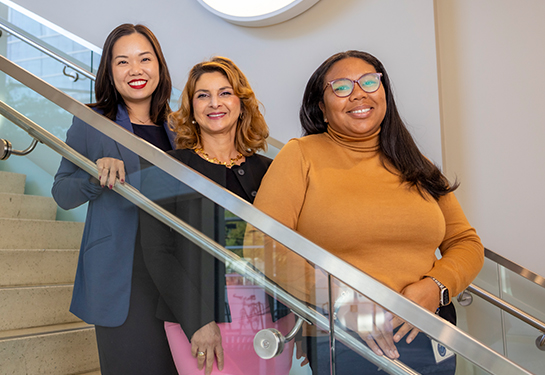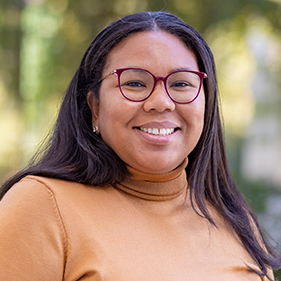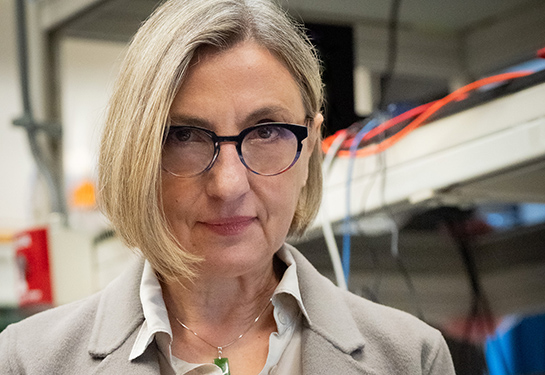Medical school awarded grant to share best practices on socially accountable admissions reform
American Medical Association selects UC Davis School of Medicine as national example for equity, diversity and belonging
The UC Davis School of Medicine, which has received extensive national attention for its socially conscious admissions practices, was awarded a grant to help other universities move in the same direction.
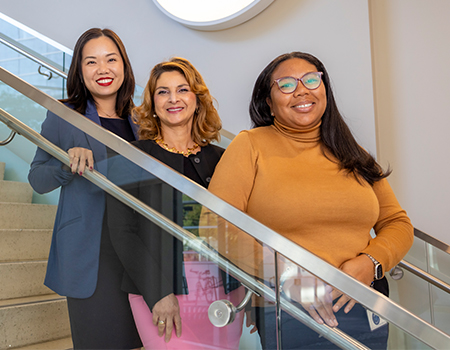
The American Medical Association awarded the two-year ChangeMedEd Equity, Diversity and Belonging grant to UC Davis and UMass Chan Medical School in Worcester, Mass., which is committed to admissions reform. The two institutions are partnering to create a toolkit for the many schools nationwide that want to boost the number of students from backgrounds historically underrepresented in medicine.
UC Davis was recently ranked as the fourth-most diverse medical school in the country, despite California’s 1996 ban on affirmative action in college admissions.
In 2023, the U.S. Supreme Court ruled that race-conscious admissions were unconstitutional. Since then, admissions officers from dozens of universities have reached out to UC Davis to learn more about its admissions practices.
“Sharing our best practices and lessons learned is incredibly important because it’s the right thing to do,” said Charlene Green, UC Davis medical school’s assistant dean of admissions, outreach and diversity and the principal investigator on the grant. “This isn’t about UC Davis or UMass Chan. This is about how the medical education community changes the landscape of medicine, together, to meet patients’ needs.”
Sharing our best practices and lessons learned is incredibly important because it’s the right thing to do.” —Charlene Green, UC Davis School of Medicine, assistant dean of admissions
Changing the landscape of medicine
The UC Davis School of Medicine has been transforming its admission practices since 2007. Mark Henderson became the admissions dean that year and noticed California’s physician workforce lagged behind the state’s changing demographics.
The school has focused on recruiting students from underserved areas, increasing scholarships and creating pathways, or tracks, to meet pressing workforce needs. That includes boosting the number of primary care physicians. The school never lowered its admissions standards. It continually draws applicants from disadvantaged backgrounds who strive to care for patients in underserved areas such as the Central Valley and rural Northern California.
“If we build it, they will come,” said Melody Tran-Reina, who serves as executive director of the UC Davis School of Medicine’s Community Health Scholars program. “In two years since UC Davis started the Tribal Health Prime program, we’ve more than doubled the number of Alaska Native and American Indian students. People want to be part of programs and pathways where they feel supported.”
Metrics for change
At the heart of the holistic admissions transformation is the UC Davis Scale. The trademarked metric consists of eight factors that are useful in screening applicants. These include parental education level and whether the applicant was raised in an underserved area.
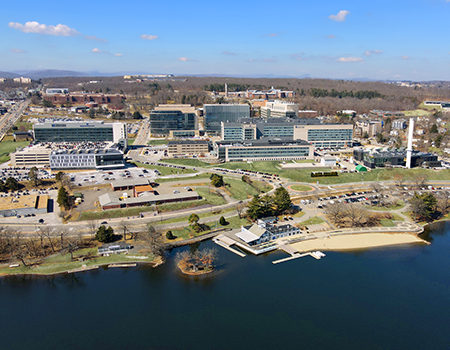
The $60,000 American Medical Association grant funds:
- The creation of a toolkit
- Support for trainee engagement such as feedback from current and postgraduate UC Davis medical students
- Meetings, workshops or focus groups with faculty, students and administrators to gather input and build consensus on reform goals
- Evaluation and assessment of admissions strategies created by participant medical schools
In addition to Green, the other UC Davis researchers on the grant are co-principal investigator Shadi Aminololama-Shakeri, who is the admissions committee chair and professor of radiology; and Tran-Reina, an assistant health sciences clinical professor.
All three will work with Tracy Kedian, associate dean of admissions and professor of family medicine & community health at UMass Chan.
“Having physicians and health care providers look more like the community they serve, in terms of common language, cultural background and physical appearance, leads to higher patient satisfaction outcomes,” Kedian said. “How do we identify students who may not be from privileged backgrounds and overcome a disadvantage that goes back 20 years in this person’s life? The bigger answer to that involves pre-med pathway programs.”
She added: “My goal is to matriculate the most talented future doctors who will provide the best advantage to the most disadvantaged members of our community.”
Related resources:

